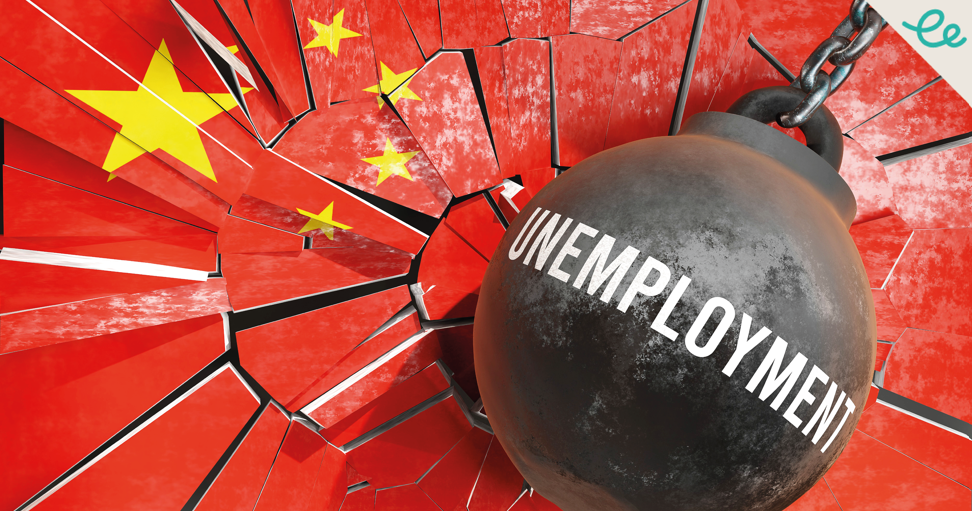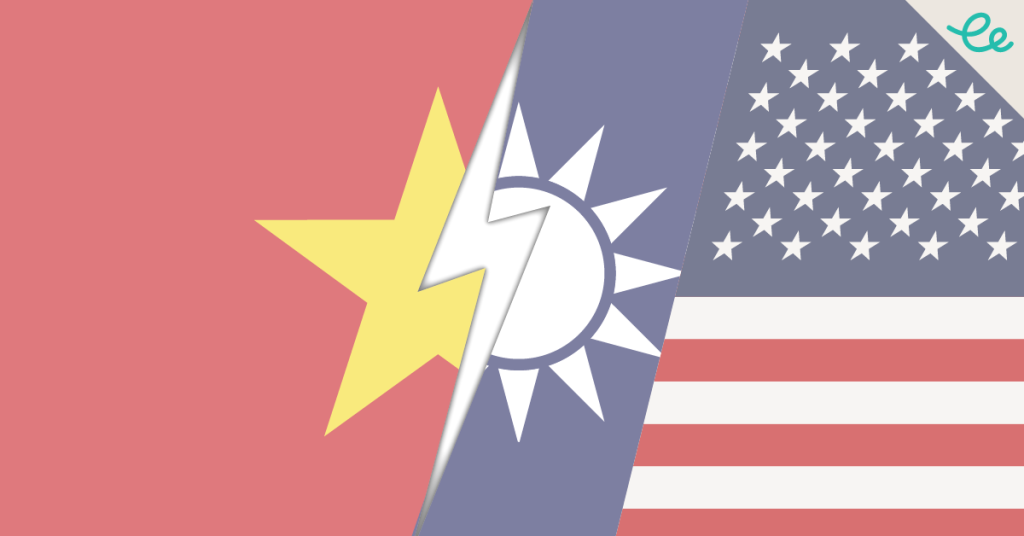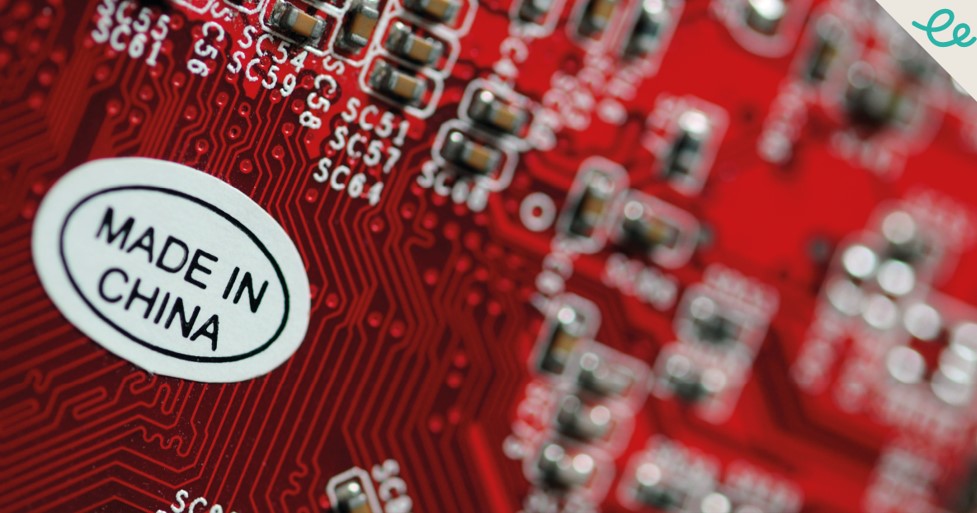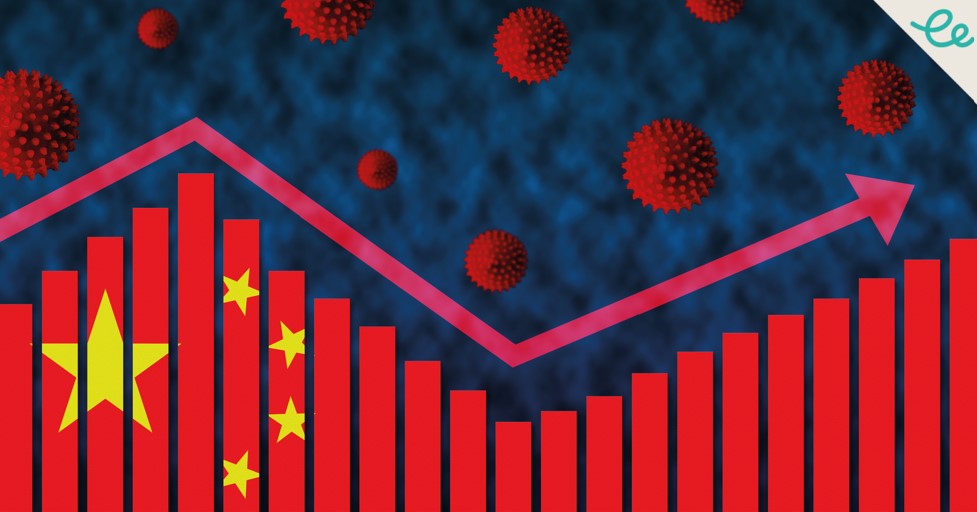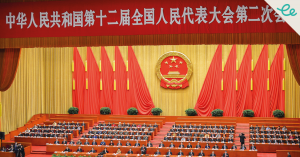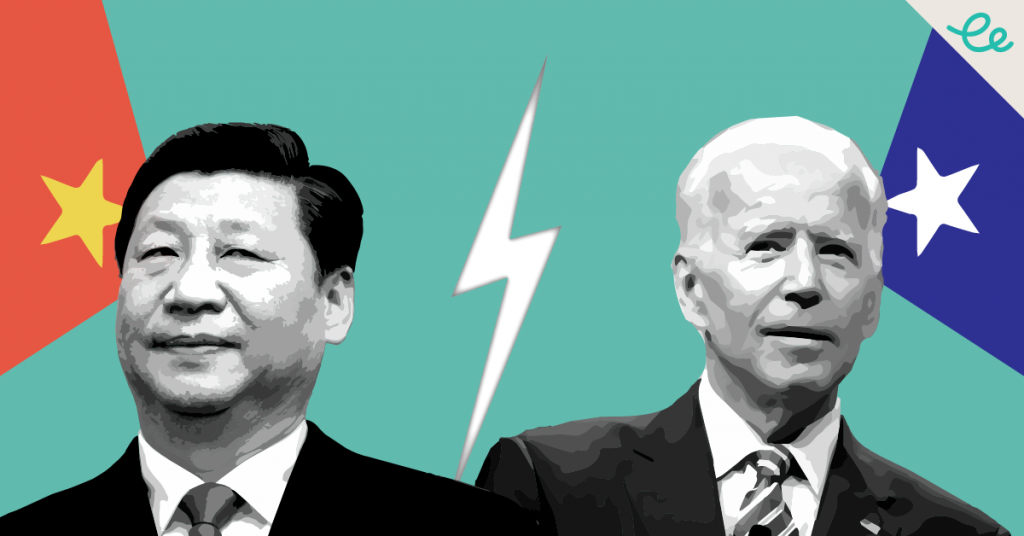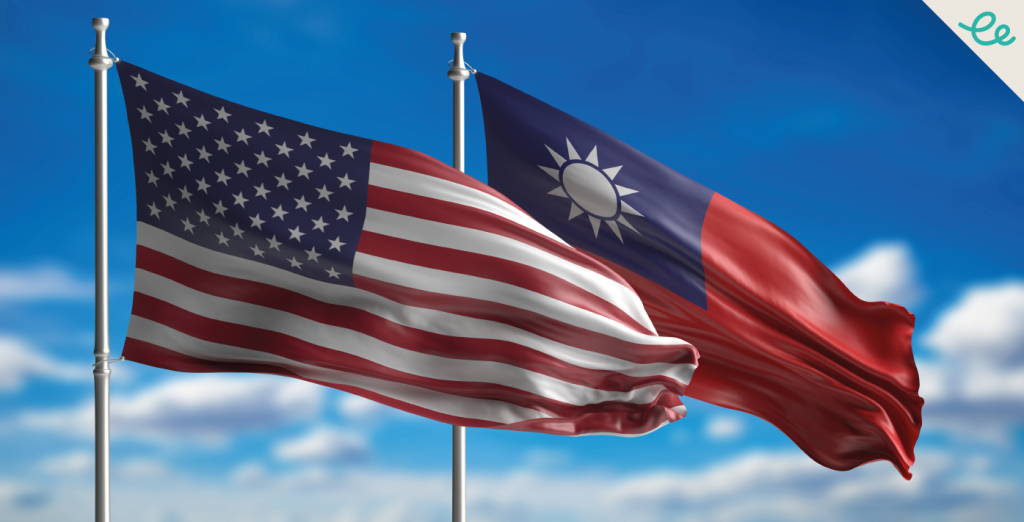Jobless youth vanish from China’s official data Censorship of bad news, already stricter under Xi Jinping than his predecessors, has worsened as China’s economic recovery from the “zero-Covid” era proves much weaker than Beijing hoped. Xi and his team seek to pump up public confidence at home by withholding negative economic information, but end up increasing anxiety abroad. The prime example came last month. The National Bureau of Statistics temporarily suspended publishing youth joblessness data, with no timeline for resumption. The youth unemployment rate, which covers urban 16-24 year olds, hit another record high in June (21.3%). It was expected to worsen in July. But no new figure emerged, because Beijing chose this summer, with a record number of college graduates entering the job market, to revise the method of calculating unemployment among young people. “The economy and society are constantly developing and changing,” explained spokesman Fu Linghui. “Statistical work…
Taiwan Presidential Election Set To Shape US-China Relations
Beijing says Taipei’s candidate betrays China, sells out to USA The People’s Republic of China spares its people the hassle of voting by ensuring that Communist Party rule is non-negotiable. But across the Taiwan Strait, the Republic of China is gearing up for national elections that may intensify Beijing’s aggressive moves against the self-ruled island, and shape relations between the US and China for years to come. Discover the complexities of US-China relations in Enodo Economics’ upcoming interactive training course: US-China Relations: What Is At Stake. The course explores the most consequential relationship of our time, offering valuable insight and analysis which will help you identify the risks and opportunities that will present over the coming years, as the relationship evolves. Our next course is scheduled for November 2023. Limited spaces available, secure your spot now. Swimmers Cross Two Chinas in Annual Relay Race You can swim between the two…
Elon Musk Spotlights Electric Cars and Chinese AI
The US-China tech war is set to escalate The world’s richest person visited China in late May, for the first time in three years, to renew high-level relationships in the country that has contributed handsomely to his dizzying fortune. Elon Musk also contributed to ongoing debates about several issues reshaping the global economy. Can the US and China learn to get along? Or will their tech war intensify? Are Chinese electric cars going to wipe out their Western rivals? And what’s China doing to increase or control the threat of artificial intelligence (AI)? Send your answers on a postcard – and keep reading to learn more. Cruising Beijing in a Model X, the Tesla CEO met a trio of Chinese ministers: foreign, commerce and industry. He emphasised Tesla’s stance against “decoupling and breaking the chain”, according to state media, and compared US-China interests to conjoined twins. But Musk didn’t score…
Taiwan Tensions Stir US-China Relations (Again)
Amid swirl of high-profile visits, Xi and Putin plot new world order China isn’t in the G7 club. But the PRC was firmly on the agenda when G7 foreign ministers met in Tokyo last week. They addressed “challenges to the rules-based international order that underpins stability” in the Indo-Pacific and worldwide, according to US Secretary of State Antony Blinken. No prizes for guessing he meant Beijing’s actions towards Taiwan, the hotspot at the heart of the troubled US-China relationship. From April 8, China held three days of military exercises around Taiwan, simulating targeted strikes and a blockade of the island. The drills came in response to the April 5th meeting between Taiwan’s President Tsai Ing-wen and US House Speaker Kevin McCarthy. Despite grave warnings from China’s government, Tsai met McCarthy and a bipartisan group of Congress members at the Ronald Reagan Presidential Library in California. Last August, China reacted with massive…
China Sets Target for Economic Growth After Zero-Covid
What to expect from the rest of the “Two Sessions” (March 4-13) Who forgot to stop the smog? For such a choreographed show as China’s brief legislative session, Beijing’s air quality was surprisingly poor on Sunday. The annual meeting kicked off amid the worst air quality in at least a decade. But inside the Great Hall of the People, the Party-state had plenty of positive data to showcase and officials are plotting the recovery of the world’s second largest economy, freed from the shackles of zero-Covid controls. The “Two Sessions” now underway, from March 4 to 13, comprise the “parliament” (NPC) and the top advisory body (CPPCC). Despite their performative nature, and lack of opposition voices, this twin event always serves up plenty of interest. Especially this year, the start of another five-year political cycle, following October’s Party Congress, when Xi Jinping’s new economic team will be appointed. Li’s swansong…
Post-Covid China Banks on Economic Recovery After Lunar New Year Holiday
How Is the Year of the Rabbit Kicking Off? What pandemic? Beijing’s strict zero-Covid policy spelt disaster for too many Chinese firms. But not Henan Mine, a crane manufacturer in central China. To reward the staff who raked in sales revenue of $1.36bn in 2022, a 23% jump on 2021, the boss had $9m stacked on stage, in bundled banknotes, for their Lunar New Party on January 17. The cash mountain was handed out to 40 sales managers as year-end bonuses. The top performers needed colleagues’ help to haul their loot home. Video of the stunt went (predictably) viral, as intended: new orders are flooding in, so we must hire aggressively, and calls to our HR department haven’t stopped, publicity manager Feng Xiaobei told The Paper. For most companies, and the citizens who power them, the third year of the Covid era was brutal. China’s economic growth in 2022 slumped…
China Seals the Xi Supremacy
Markets shocked after Party Congress grants Xi greater power For all the economic and social dynamism of recent decades, China under Communist Party rule remains tightly bound by a system of long meetings and slogan-heavy speeches, led by a Party of study. In the Party-state calendar, no meeting ranks above the five-yearly Party Congress. There its general secretary delivers a political report which ranks as the mother of all policy documents for the following five years. In October, the much-anticipated 20th Party Congress followed the precedents laid down by a century of Maoist-Leninist practice since the founding congress in 1921. Gen. Sec. Xi Jinping (whose Party post far outweighs his Presidency) kicked off with a two-hour speech. And even that was an abridged version of his full report. Yet despite all the hype – and the generally dull reality of this mostly closed-door, seven-day event – the congress, and the…
Taiwan Still the Flashpoint for US-China Relations, as Biden Still Awaits Face Time With XI
Standing on the deck of an US Navy destroyer, at Japan’s Yokosuka naval base, US Vice President Kamala Harris directly challenged China on September 28. She accused it of “disturbing behaviour” and “provocations” around Taiwan. Harris said Washington would in response “deepen our unofficial ties” to the self-governed island that Beijing considers part of its territory. The US will also “continue to fly, sail and operate, undaunted and unafraid, wherever and whenever international law allows”, including the Taiwan Strait, she added. Washington “does not seek conflict with China”. But “we anticipate continued aggressive behaviour from Beijing as it attempts to unilaterally undermine the status quo.” Taiwan Fifty years on from the President Nixon visit to China that kickstarted decades of co-operation and tension, the Biden administration is increasingly standing up to China on the one bilateral issue that threatens a conflict even worse than Ukraine. President Joe Biden said on…
Pelosi’s Flying Visit to Taiwan Sends US China Relations into Tailspin
Beijing launches massive war games and cancels Sino-US talks “Welcome to China!” With those three words, or some six Chinese characters, the PRC might have landed a PR masterstroke just as US Speaker of the House Nancy Pelosi touched down in the ROC on 2 August for a fleeting but highly consequential Taiwan visit, one that US President Joe Biden, let alone Beijing, didn’t want her to make. Hunkered down in Zhongnanhai’s Situation Room (one imagines – Beijing doesn’t release White House-style crisis photographs), Xi Jinping ignored Twitter users’ free advice and jokes about managing Sino-US relations. Instead, China’s Party boss and commander-in-chief had his military and foreign ministry go big on outrage, to warn the US against supporting “Taiwanese independence”, and to remind the island’s residents that his Party will never let them go. China had warned of “serious preparations” ahead of Pelosi becoming the most senior US official…
Sharpen Those Quills: US Sells “Porcupine” Taiwan $19BN of Arms (2017-2022) (Infographic)
As China ratchets up pressure, US wants Taiwan to avoid Ukraine’s fate Tanks, torpedoes, planes, parts – and plenty more. The US government has approved arms sales to Taiwan worth $19.3bn over the past five years (June 2017-June 2022), to help the self-ruled island deter the rising threat of invasion by China. From Donald Trump to Joe Biden, the US has stayed committed to arming Taiwan with enough weaponry to prevent or at least slow down a Chinese attack. The policy has taken on greater urgency in 2022 as Beijing has supported Moscow throughout Russia’s war on Ukraine, although has refrained to do so militarily. Like Vladimir Putin and Ukraine, China views Taiwan as lost territory to be recovered at all costs. In the military sales infographic below, Enodo Economics sets out what was bought when. The latest sale ($120m of warship parts approved in June 2022), and the experience…

